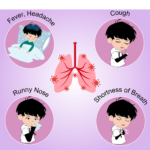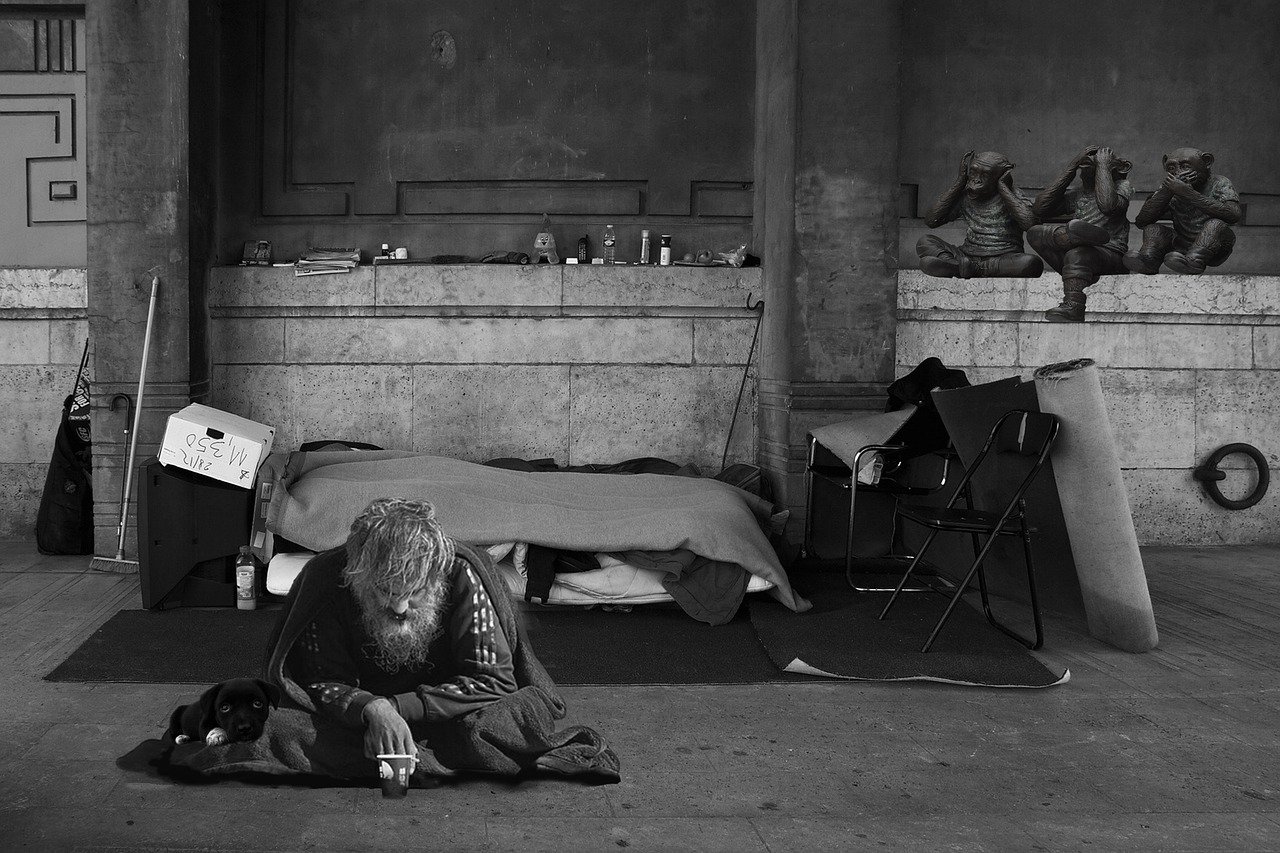Criticism is a part of life. No matter what you do, there will always be people who find fault with your work. This can be discouraging, but it’s important to remember that criticism is not always a bad thing. In fact, it can be helpful if you learn to use it constructively.
I’d like to share the story of a young artist who is full of potential and is ready to make his mark on the world.
There was this young painter who had just completed his training. He was eager to show off his skills, so he painted a beautiful landscape and put it on display in a busy public square. He attached a sign that said, “I am new to painting, so please point out any mistakes you see.”
When the painter came back later that day, he was shocked to see that his painting was covered in X’s. People had written all over it, pointing out every flaw they could find. The painter was so disheartened that he ran home crying.
The painter’s master saw how upset he was and asked him what was wrong. The painter told him about the criticism he had received, and the master smiled. “Don’t worry,” he said. “I’ll show you how to deal with criticism.”
The next day, the master and the painter went back to the public square. The master put up a new painting, this one of his own work. He attached a sign that said, “I am new to painting, so please correct any mistakes you see.”
The master and the painter waited, but no one made any corrections to the painting. After a month, the painting was still untouched.
The painter was amazed. “How it is that no one has corrected your painting?” he asked.
“Because there are no mistakes,” the master said. “The people who criticized your painting were only pointing out their own insecurities. They were afraid that they couldn’t paint as well as you, so they tried to tear you down.”
Thus the story teaches us that criticism is often more about the critic than the person being criticized. When people are quick to criticize, it often says more about their own insecurities than it does about the person they are criticizing.
It’s important to remember that criticism is not always a bad thing. In fact, it can be helpful if you learn to use it constructively. If you receive criticism, try to see it as an opportunity to learn and grow. Don’t let it discourage you.
The story also shows the importance of having confidence in your own abilities. If you are constantly seeking out the approval of others, you will never be truly happy. You need to be able to trust your own judgment and believe in your own abilities, even when others don’t.
The story is also a good reminder that we should be careful about the feedback we give to others. If we are always quick to point out the flaws in others’ work, we may be discouraging them from reaching their full potential. Instead, we should focus on offering constructive criticism that can help people improve their work.
There are two key types of criticism:
- Constructive criticism is feedback that is given with the intention of helping the person improve. It is specific, actionable, and respectful.
- Destructive criticism is feedback that is given with the intention of tearing the person down. It is often vague, unhelpful, and hurtful.
If you receive criticism, it’s important to try to determine whether it is constructive or destructive. If it is constructive, try to see it as an opportunity to learn and grow. If it is destructive, try to ignore it or, if necessary, distance yourself from the person who is giving it.
It’s also important to remember that everyone has different tastes. What one person might consider a mistake, another person might not. And what one person considers a flaw, another person might consider a unique style.
If you receive criticism, try to be open-minded and consider the possibility that the critic might have a point. However, don’t let criticism discourage you from pursuing your dreams.
Here are some tips for dealing with criticism:
- Listen to the criticism with an open mind. Don’t immediately dismiss it, even if you disagree with it.
- Ask for clarification if you don’t understand the criticism.
- Consider the criticism carefully. Is there any truth to it? Is there anything you can learn from it?
- Thank the person for their feedback. Even if you don’t agree with the criticism, it’s still polite to thank the person for taking the time to give it to you.
- Don’t let criticism discourage you. If you believe in your work, keep going.
Remember, criticism is not always a bad thing. In fact, it can be helpful if you learn to use it constructively. So next time you receive criticism, try to see it as an opportunity to learn and grow.
If you want to explore a little further on the subject, then here we go. There are different types of criticism as detailed below:
- Constructive criticism is feedback that is intended to help someone improve their work. It is typically offered in a helpful and supportive way, and it is focused on specific areas that can be improved.
- Feedback is a broader term that can refer to any type of information that is given to someone about their work. It can be positive, negative, or neutral, and it can be offered in a variety of ways.
- Negative feedback is feedback that is critical of someone’s work. It can be helpful in identifying areas that need improvement, but it is important to be respectful and constructive when offering negative feedback.
- Negative criticism is similar to negative feedback, but it is often more harsh and judgmental. It can be destructive if it is not offered in a constructive way.
- Positive criticism is feedback that is positive in nature. It can be helpful in identifying areas that are working well, and it can be motivating for the recipient.
- Professional criticism is criticism that is offered by someone who is qualified to give it. This could be a teacher, a mentor, or a professional critic.
Criticism can be a powerful tool for improvement, but it is important to receive and give it in a constructive way. When done right, criticism can help us to grow as creative individuals and to produce better work. Criticism is not always easy to hear, but it can be a valuable opportunity to learn and grow. If you are open to feedback, criticism can help you to become a better writer, artist, or whatever you do.










